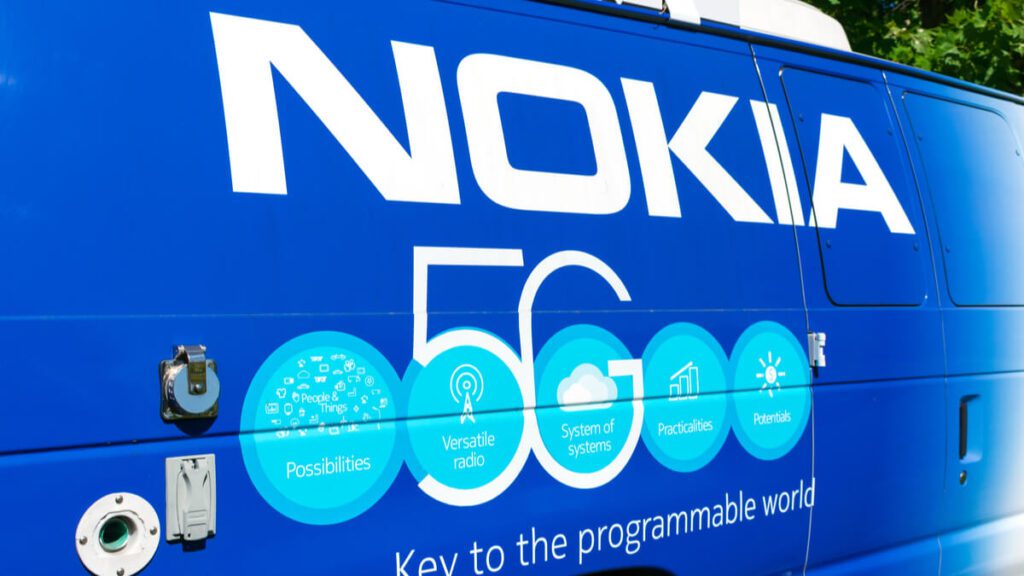Alvis, Nokia partner up to deploy 5G-ready network in Argentina

Argentinian operator Alvis has selected Finnish telecoms vendor Nokia on Thursday to deploy 4G/LTE and 5G-ready network boosting connectivity for underserved communities and businesses across the country, linking the digital divide and opening new revenue streams for the operators and citizens.
“We are delighted to have chosen Nokia, as it gives us the technological and business support that deployment of this magnitude deserves,” Alvis CEO Marcelo Dumanjo, said in a statement.
“The network will allow us to provide internet service in suburban and rural areas; connecting equipment, fixed installations, machinery (harvesters, tractors, seeders, trucks), silobags and weather stations, for example,” he noted.
The project includes covering 36 unconnected rural areas across Argentina, associating the digital divide, and opening new revenue streams for the operators as well citizens, Nokia highlighted.
In addition, the deployment involves Nokia’s cloud packet core, voice core, signaling, network exposure, subscriber data management, policy controller, cloud infrastructure, and security management for radio transport, the Finnish vendor stated. “With a 5G standalone core network, Taiwan Mobile can readily provide the most advanced 5G services such as network slicing and smart city solutions that require ultra-low latency and reliability,” it added.
Both companies stressed that the deployment is the first 450 MHz (commercially) and 410MHz (as a trial) combined network in Latin America.
The operator will leverage the combined band’s long-range to provide connectivity to distant regions and support various Industry 4.0 transformational use cases in various verticals including agriculture and energy distribution.”
Commenting on this partnership, Marcelo Entreconti, Head of Enterprise for Nokia Latin America, said, “We are excited to be part of this innovative project, which will connect thousands of Argentinians for the first time – bridging the digital divide and delivering new services related to education, health and entertainment.”
Nokia, an industry leader in the design and deployment of 400 MHz LTE networks, recently rolled out two similar networks in Europe and the Middle East.
Weighing in on this matter Dumanjó noted that the company is “delighted to have chosen Nokia, as it gives us the technological and business support that a deployment of this magnitude deserves. The network will allow us to provide internet service in sub-urban and rural areas; connecting equipment, fixed installations, machinery (harvesters, tractors, seeders, trucks), silobags and weather stations, for example.”
It will also address other fixed and mobile connection needs for service where it was not possible before, Marcelo said, capturing a range of efficiencies. “Nokia’s world leadership in LTE technology
applied to fixed and mobile networks provide reliability, sustainability and long-term technological updates to give our customers access to a reliable and cost-efficient connectivity service,” he added.
